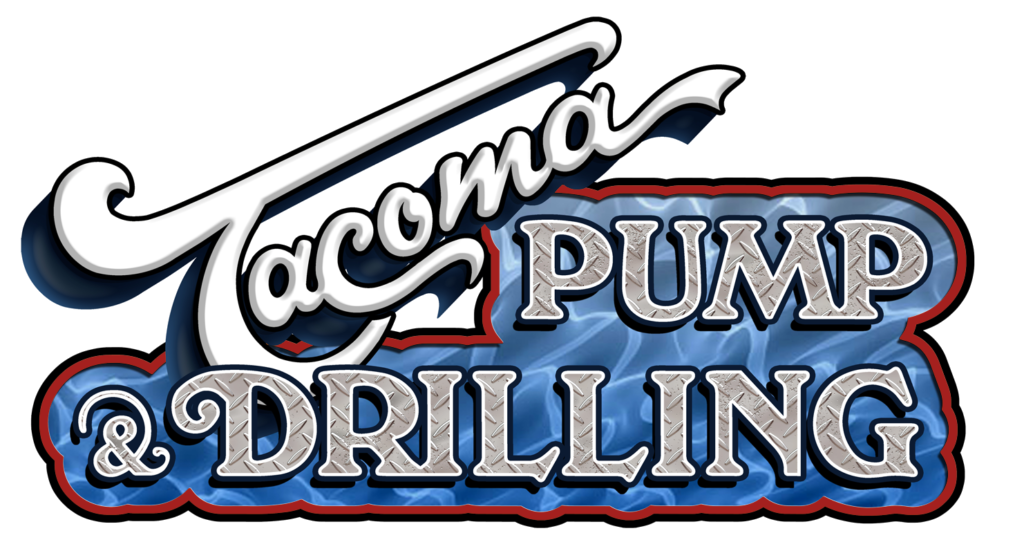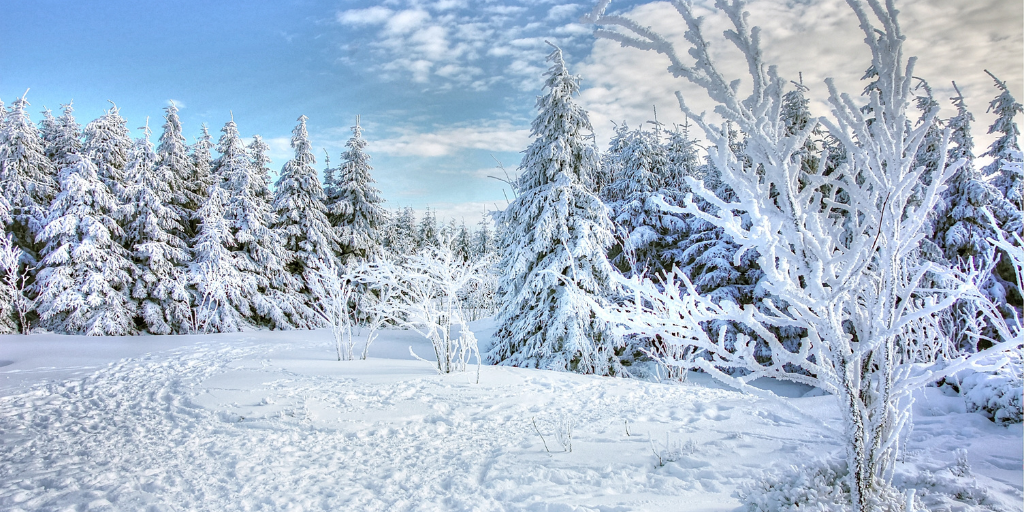The cold snaps and unexpected snowstorms of a Washington winter also bring other obstacles, especially for owners of a private well. Low water pressure occurs any time of the year, but it can be indicative of a specific problem during the winter months. As a well owner, here are some great tips for how to fix water pressure issues in your well system this winter.
Common Causes of Low Water Pressure
Is the water just trickling out of your shower head or faucets? Does it flow much slower than it did just a few weeks ago? There’s a good chance you’re experiencing low water pressure. The good news is, water pressure issues can often be resolved easily, especially if you know what causes it. Apart from a damaged pump, there are several reasons for low pressure. This is particularly true during the winter months when the weather presents an additional challenge.
Ready to fix your low water pressure issues? Check one of these common causes.
Adjust the Pressure Switch
It’s easy to look for more glaring issues and forget this simple fix. If you’re experiencing low pressure, first check the pressure switch on your pressure tank to ensure it is somewhere between 40 and 60 PSI.
Check Your Valves
Water pressure issues can be associated with damaged plumbing valves. Determine if your low pressure occurs only with hot or cold water (or both) to help eliminate which valves to check. For hot water pressure issues, check the valves on your water heater. If you aren’t sure where to begin, consider hiring a professional to come check your plumbing.
Look for Frozen Pipes
Cold snaps and freezes often leave our pipes frozen. In these cold winter months, the cause of your low water pressure could simply be a frozen pipe. If you decide to head on vacation during a cold snap, help prevent frozen pipes and water pressure issues (or worse) by keeping your heat set to around 60 degrees and your cabinet doors open to allow warm air to reach your sink pipes.
Check for Leaks and Clogs
Ice buildup in your pipes doesn’t just lead to pressure issues. It can also cause ruptures and leaks. If your water pressure issues crop up after a deep freeze, there’s a chance a leak is the cause. However, clogs from sediment buildup can also be an issue. Since your well pulls groundwater from deep beneath the surface, high mineral content in the water can also lead to sediment buildup in the pipes.
Avoiding Low Water Pressure this Winter
As a well owner, avoiding low water pressure is a matter of understanding your system and the various issues that can arise. If you experience low pressure this winter, consider checking the above elements in your plumbing system. When the problem seems allusive, consider speaking with a professional to restore your water pressure and get back to enjoying your well water system.

